Washington's plan to charge $100,000 fee for H-1B application rattles tech firms, foreign workers
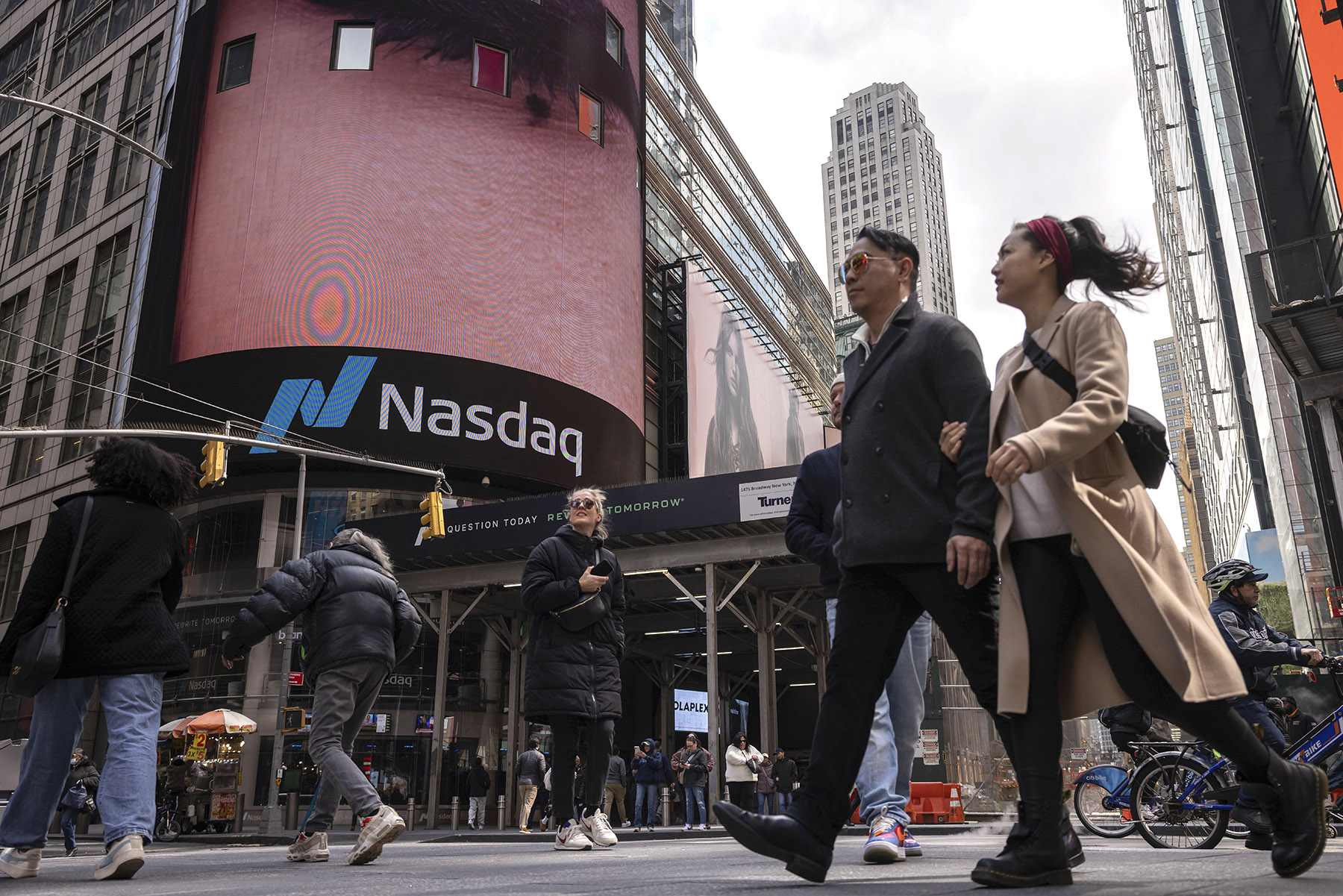
The United States' snap decision to impose a $100,000 fee on the H-1B visa used extensively by foreign high-tech workers sent panic and confusion through technology companies, but experts are still weighing its impact.
On Sept 19, US President Donald Trump issued a proclamation that nonimmigrants applying for the visa would need to pay the fee starting on Sept 21 — two days after the announcement.
US Commerce Secretary Howard Lutnick initially said the fee was an annual charge. However, it was later clarified as being a one-off payment. "If you're going to train people, you're going to train Americans," Lutnick said following the announcement. "If you have a very sophisticated engineer and you want to bring them in, … then you can pay $100,000 a year for your H-1B visa."
Companies with large numbers of H-1B workers already in the US issued urgent advice to them not to travel abroad. Tech and finance giants Microsoft, Amazon and JPMorgan Chase were among those companies that issued e-mail advisories.
READ MORE: 'Fast and furious': H-1B workers abroad race to US as Trump order sparks confusion
About 400,000 H-1B applications for high-skilled foreign workers were approved in 2024, more than twice the number in the 2000 fiscal year, according to a survey by Pew Research.
In 2023, India took the lion's share with 73 percent of all H-1B visa holders. China ranked a distant second with 12 percent of the total. Computer-related jobs accounted for about 65 percent of the H-1B workforce, the survey said.
Amazon employs the largest number of H-1B workers. The company hired more than 11,000 such workers in 2023, close to 3 percent of the total. Google, Apple, Microsoft, JPMorgan Chase and Meta are among the top 10 companies with H-1B workers, with each numbering in the thousands.
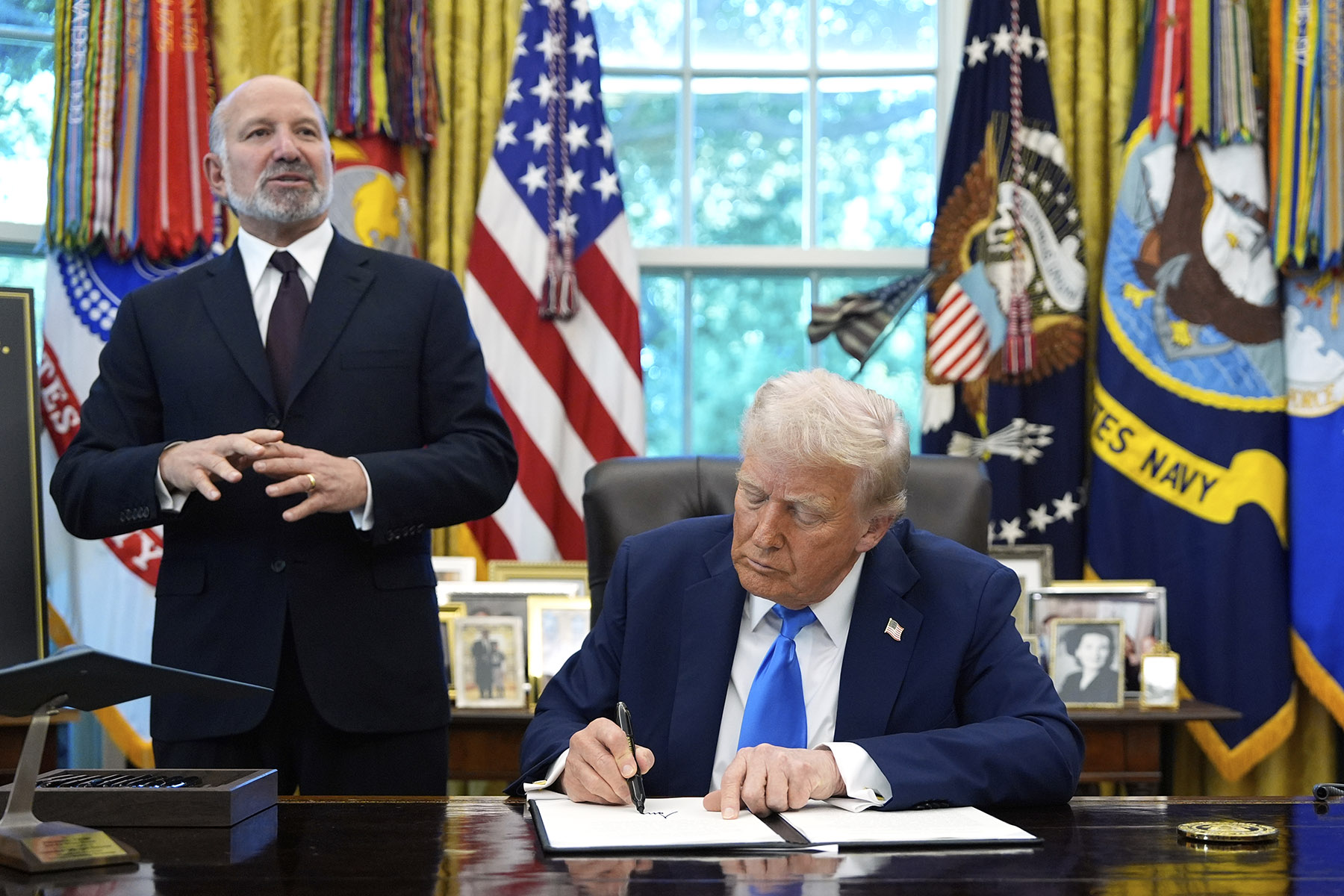
Rushing back, staying put
Some H-1B workers were abroad when the Sept 19 announcement came. Many of them cut their trips short and tried to get back to the US before the Sept 21 deadline, to avoid paying the $100,000 fee.
"My best friend, whom I grew up with, was getting married on Sept 20. I promised to be her maid of honor a year ago," one Chinese woman posted on social media.
"I arrived in Shanghai on Sept 18. On Sept 20, half way through the wedding as the maid of honor, I rushed to the airport to get back to the US. I didn't even have time to see my parents and family."
A video on social media showed H-1B workers from India onboard an Emirates flight leaving from San Francisco, California, to Dubai, United Arab Emirates, speaking anxiously on their phones shortly after the announcement. They had received calls from their employers and were advised not to depart the US.
The Indian passengers requested to disembark, and the airline agreed to let them get off, delaying the flight's departure by three hours.
Many H-1B visa holders either canceled trips or ended trips prematurely due to the announcement, according to online posts and reports. Some paid hefty prices, ranging from a few thousand dollars to more than $10,000, to get back to the US.
In the end, their fears turned out to be unfounded after the Trump administration clarified that the fee is a one-time payment for new applications only.
"I wish the government was more precise in releasing policy information. The confusion cost me money and time with my family. Such a waste of money, time and emotion," one H-1B holder told China Daily on condition of anonymity.
A human resources specialist based in the Silicon Valley, California, told China Daily that Trump's proclamation had caused a lot of chaos. In Big Tech companies, foreign engineers are worrying about job security. "Everyone is struggling to keep up, it's tough," the specialist said.
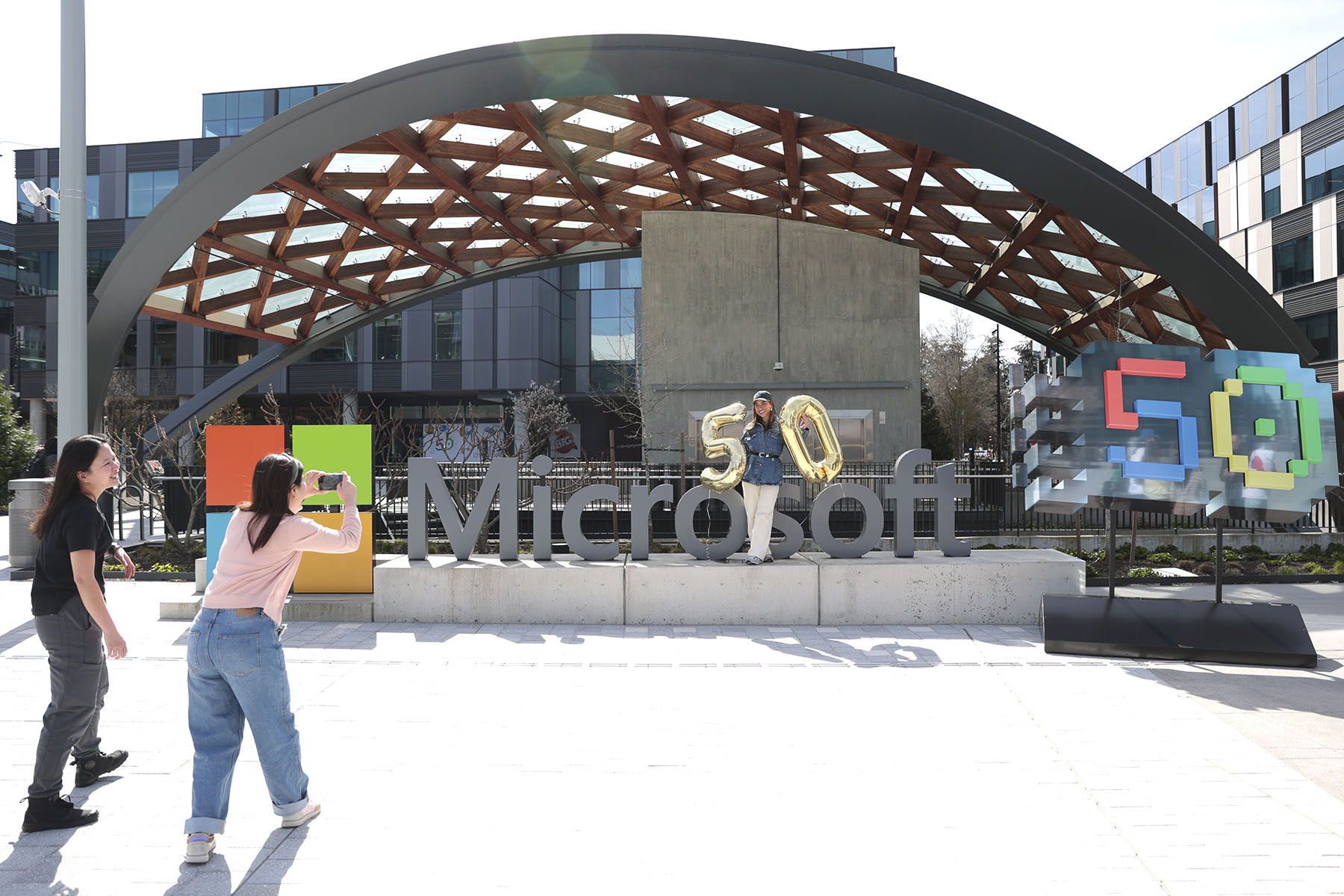
Abuses alleged
The proclamation said the number of foreign STEM (Science, Technology, Engineering and Maths) workers in the US had more than doubled between 2000 and 2019, from 1.2 million to almost 2.5 million.
However, online research shows no reliable data on the exact number of H-1B holders, with several estimates putting the current number between 500,000 and 730,000.
Trump said that the abuse of the H-1B visa program is the key to the "influx of foreign STEM labor" and "has made it even more challenging for college graduates trying to find IT jobs, allowing employers to hire foreign workers at a significant discount to American workers".
Without naming names, the proclamation listed examples, adding that companies had laid off "qualified and highly skilled American workers and simultaneously hired thousands of H-1B workers".
"A third company has reduced its workforce by approximately 27,000 American workers since 2022, while being approved for over 25,000 H-1B workers since FY (fiscal year) 2022. A fourth company reportedly eliminated 1,000 jobs in February; it was approved for over 1,100 H-1B workers for FY 2025," according to the proclamation.
Last year, a US jury found Cognizant Technology Solutions — which employed the second-highest number of H-1B workers in 2024 — favored visa holders from India over local workers.
The plaintiffs said at least 75 percent of Cognizant's US workforce is South Asian, primarily from India. In comparison, about 12 percent of the total US IT workforce is South Asian.
Trump said that these abuses have discouraged US citizens from pursuing careers in science and technology, risking US leadership in these fields. He said he hopes the higher costs of the H-1B program will help to address the abuse of the program.
Before the proclamation, companies had been paying $2,000 to $5,000 for each H-1B application.
In some instances, the $100,000 fee can be waived if the secretary of homeland security determines the hiring of H-1B workers "is in the national interest and does not pose a threat to the security or welfare of the United States", according to the proclamation.
"The proclamation allows for potential exemptions, which can include physicians and medical residents," White House spokeswoman Taylor Rogers told Bloomberg.
Many people welcomed the administration's decision, saying that it will give young US citizens better employment opportunities. "I think it's great. Hire local. There are plenty of talented US citizens and permanent residents desperate for a job. Stop trying to cheap out," one commented on the social network Reddit.
"As the former head of strategy for one of the world's largest IT services companies, I know a lot more about the abuses of the H-1B visa program than most people," a New York Times reader commented. "They were not more skilled than American IT workers. They were cheaper and more compliant. The relationship was exploitative."
Many comments spoke of witnessing similar experiences. "Most American technology engineers were being replaced by H-1B employees, mainly from India," another NYT reader said.
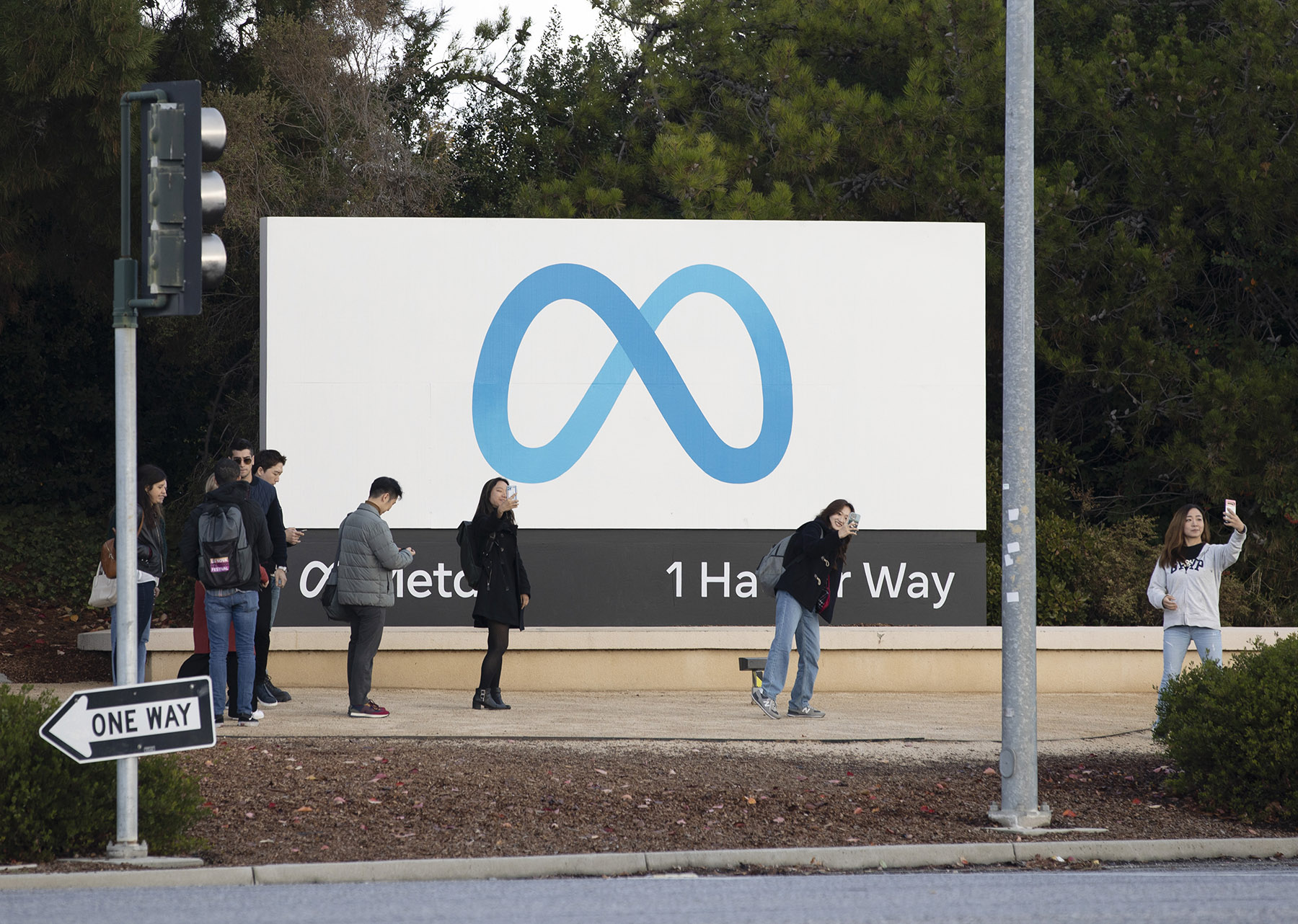
Positive contributions
Some US politicians, however, are against the new fee.
Congressman Raja Krishnamoorthi, a Democrat from Illinois, called the move a "reckless attempt to cut America off from high-skilled workers who have long strengthened our workforce".
"Many H-1B holders ultimately become citizens and launch businesses that create good-paying jobs here at home," he said in a statement.
"While other nations race to attract global talent, the United States should strengthen its workforce and modernize our immigration system — not erect barriers that weaken our economy and security," he added.
Research on skilled immigration by Britta Glennon, an assistant professor at the Wharton School of the University of Pennsylvania, supports Krishnamoorthi's view, which is also shared by some economists.
Glennon said that when immigrants join a company and work with US citizens, together "they are actually more innovative".
Her research suggests that immigrants tend to be more entrepreneurial. "Immigrants are 80 percent more likely than natives to start firms. It's not just the case that they are coming in and taking jobs, they are actually creating jobs through creating new startups," she said.
Glennon said that as a result, immigrant entrepreneurs often attract foreign direct investment to the US, creating more jobs.
A strong example is South African-born businessman Elon Musk who worked on a H-1B visa at one point. "The reason I'm in America along with so many critical people who built SpaceX, Tesla and hundreds of other companies that made America strong is because of H-1B," he once wrote on X.
Other companies with immigrant founders or co-founders include Google, Moderna, Uber, Discord, Zoom, eBay, Pfizer and Stripe.
A 2025 study by the American Immigration Council revealed that 109 of the Fortune 500 companies were founded by immigrants. Another 122 companies were founded by children of immigrants.
Together, more than 46 percent of Fortune 500 companies in 2025 were founded by immigrants or their children. They generated $8.6 trillion in revenue in 2024 — more than the combined GDP of Japan and German — and employed over 15.4 million people worldwide.
Another study by Glennon found that in the past, US multinational companies responded to restrictive skilled immigration policies by expanding foreign affiliate employment and by adding new foreign affiliates.
The study also found that expansion of foreign affiliate employment had been significantly — but not exclusively — concentrated in three countries: China and India, where human capital exists, and Canada, where a more relaxed policy allows immigrant hiring.
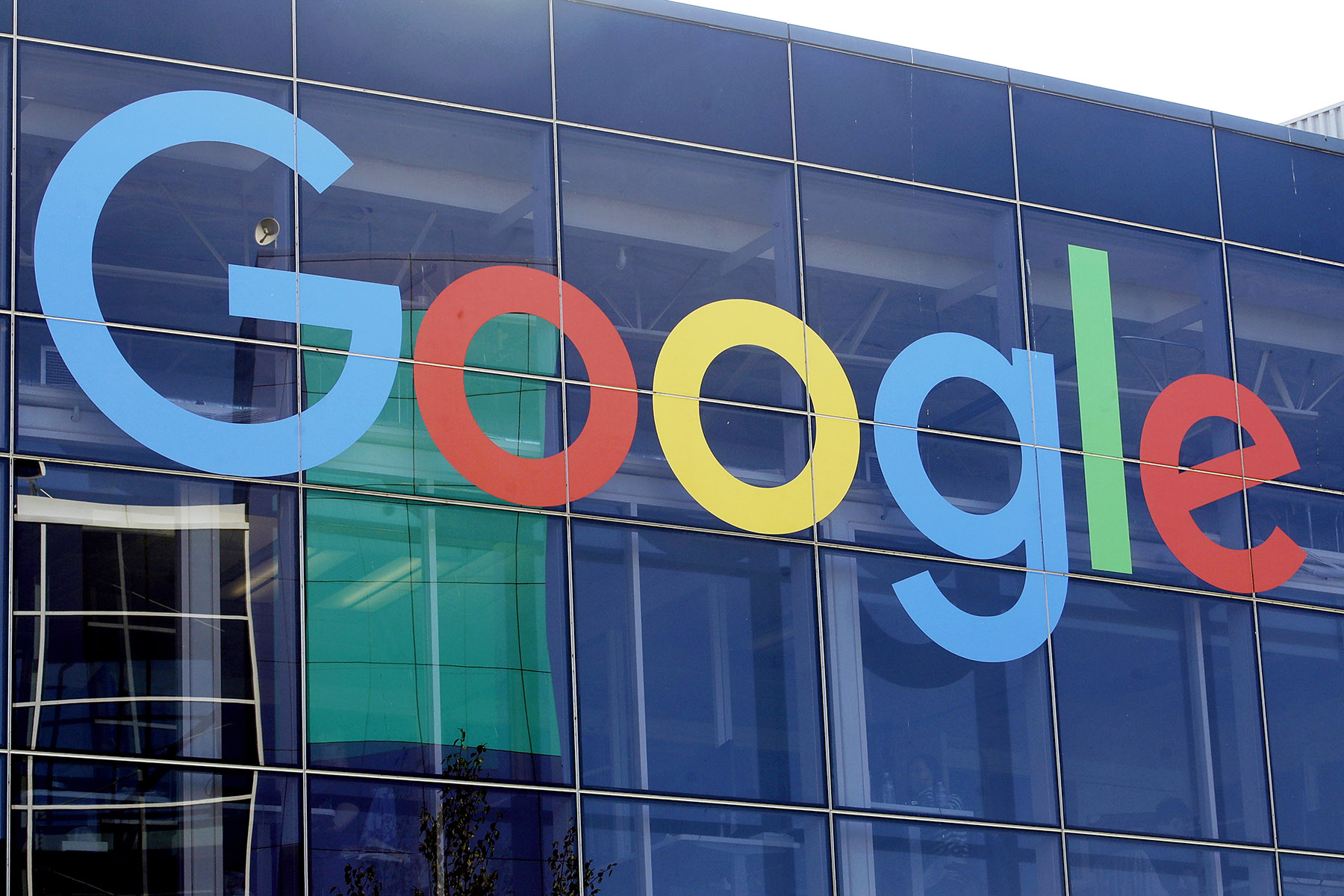
Impact unclear
Ed Hirs, a lecturer in the Department of Economics at the University of Houston, told China Daily that the impact of the new fee remains to be seen.
"In the grand scheme of things, [H-1B holders are] not a very large number of workers. Typically, these workers are not the ones doing the cutting-edge research. I'm not certain that the forecast or statements that it's going to cut US innovation are accurate. It's really just too early to tell," Hirs said.
He is also doubtful that the fee will encourage more US citizens into these positions.
"Those companies hire an awful lot of H-1B visa workers. And if they think it is economical, they will go ahead and pay $100,000 fee. And nothing will change."
Hirs said the math indicates that the companies would continue with H-1B visas and pay the higher fee "because it would still be less expensive than hiring US citizens".
He also pointed out that many tech jobs can be done outside the US.
"People can sit in China and do work in the US. They can sit in India or Pakistan and do work in the US. The location is not as important to getting the job done now," Hirs said.
ALSO READ: UK considers plan to scrap visa fees for top global talent, FT reports
Big Tech companies are not only more capable of paying $100,000 for more affordable labor, but are also more likely to get fee exemptions based on "national interest".
Ultimately, the fee will hurt startups harder, some commentators predicted.
"For a startup, it's a death sentence. It makes hiring the best global talent impossible," one Reddit comment said. "This isn't an immigration policy, it's a massive gift to the giants, giving them a government-enforced moat to monopolize talent. It's designed to make sure the next Google can never be built."
Some worried that the policy won't help US citizens at all.
"End goal is to hire Americans for these jobs based in America. Unfortunately, such jobs will end up overseas and boost India's economy," said another Reddit comment.
Contact the writer at mayzhou@chinadailyusa.com


